Health
Healthy Eating on a Budget – Affordable Nutrition Options

Eating healthy in this day is no longer optional but mandatory especially if you want to enjoy a better quality of life. The good news? Eating healthy shouldn’t equate to breaking the bank especially in Nigeria that is packed full with food options that are both healthy and very affordable.
So instead of worrying about high cost of nutritious eating, take a tip or two from this article, and yes, whether you are a student, parent, employee or entrepreneur, this is a practical guide on how to eat well with little money and eat healthy without the fear of going broke!
- Go Local – Natural + Affordable = Healthy Meals on a Budget
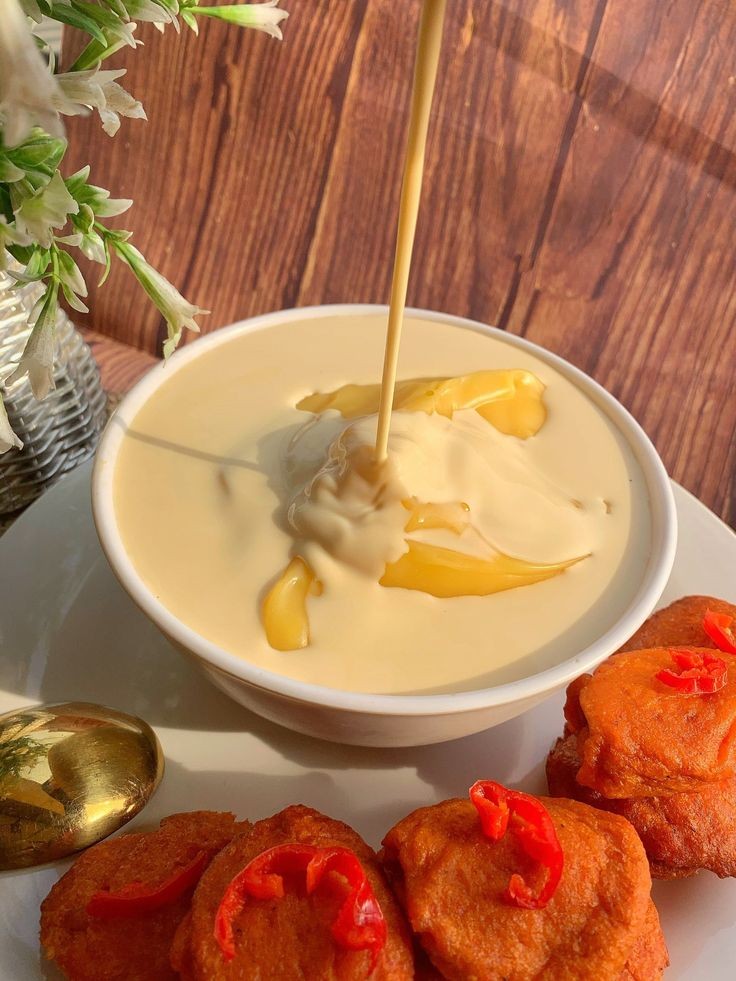
Ogi also known as Pap is not only nutritious but an affordable Nigerian meal
Local foods are mostly fresher, cheaper and healthier especially when you buy them from local markets around you.
- Brown rice and ofada rice give you a healthy amount of fiber.
- Beans and lentils are easily accessible and cheaper options of protein.
- Yam and sweet potatoes are rich in complex carbohydrates.
- Pap, popularly known as Ogi can be made from corn or millet and is a popularly meal for breakfast while providing carbohydrates, B-Vitamins, Magnesium, Phosphorus, Calcium amongst other nutrients.
If eating healthy and affordable is something you want to try, buying local foods especially in season will save you a lot more that imported options and will also provide to your nutritional needs.
- Vegetables in Season = Save more + Healthier Alternative

Okra is one Nigerian vegetable that is high in nutrients and also affordable
One of the surest ways to save more while eating earlier is prioritizing getting vegetables in bulk. Vegetables like ugu, waterleaf, okro, spinach, scent leaf amongst many others are packed with essential vitamins and minerals and bulk buying especially in local markets come with more affordable offers.
Then you can go ahead to preserve them by drying, refrigerating or turning them in soups so they last longer.
- Protein – What if They Don’t Have to be Expensive?
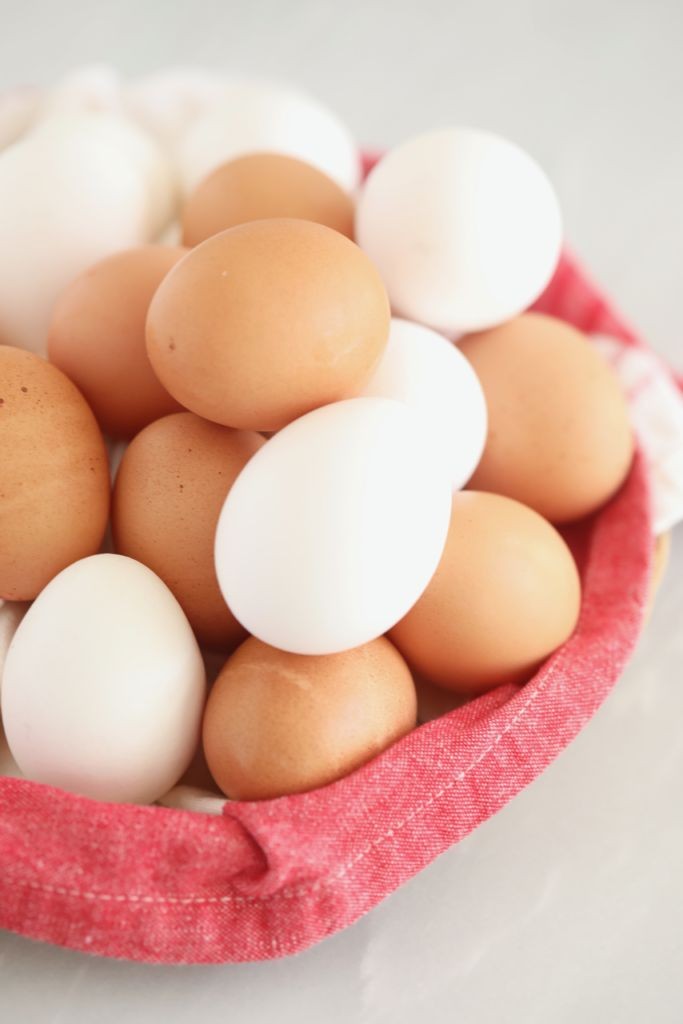
Eggs – nutritious, affordable, and high in proteins and other nutrients the body needs.
When you think protein, you usually think beef, turkey, chicken or goat meat but what if getting a good dose of protein wasn’t so expensive.
Some options that also provide protein while being affordable are eggs, moi-moi, akara, groundnuts, peanut butter, soya beans, local fish like Titus, catfish or mackerel and don’t forget dried fish and crayfish. The last two options don’t only provide you a good amount of protein but add taste and flavor to your soups or stew.
- Fruits on a Budget.
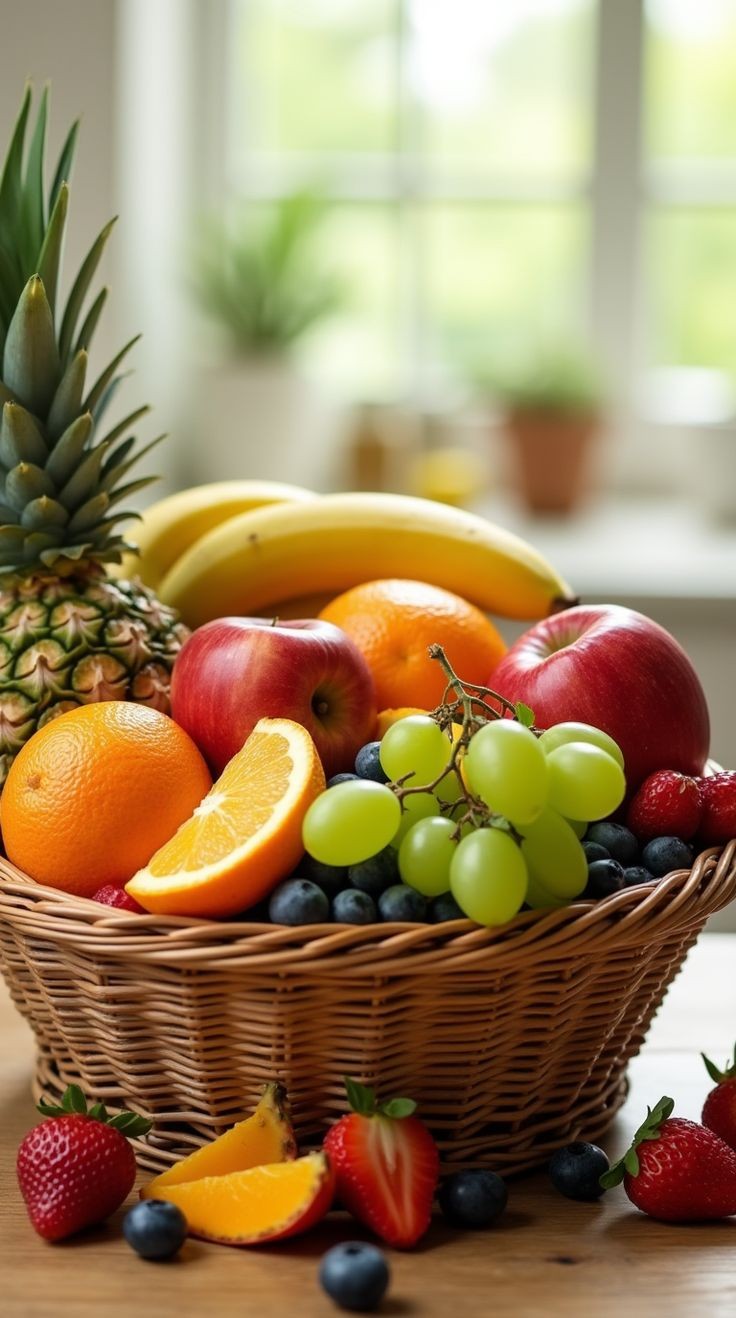
Fruits are a most for healthy living but you don’t have to break the bank to get them!
You don’t need the exotic berries and fruits like strawberries, blueberries, Kiwis, Cherries and the like to stay healthy.
If you are a Nigerian, here are cheaper options to explore and their nutritional components:
- Bananas – Carbohydrate, Potassium, Vitamin B6, Fiber and Vitamin C
- Oranges – Vitamin C, Folate, Potassium, Fiber, Natural sugars and Antioxidants.
- Pineapples – Vitamin C, Manganese, Bromelain, Fiber and Natural sugars.
- Pawpaw – Vitamin C and A, Folate, Papain enzyme, Fiber and water content.
- Watermelons – 90% Water, Vitamin C and A, Lycopene, Potassium and Low calories.
- Shop Smart and Plan Meals.
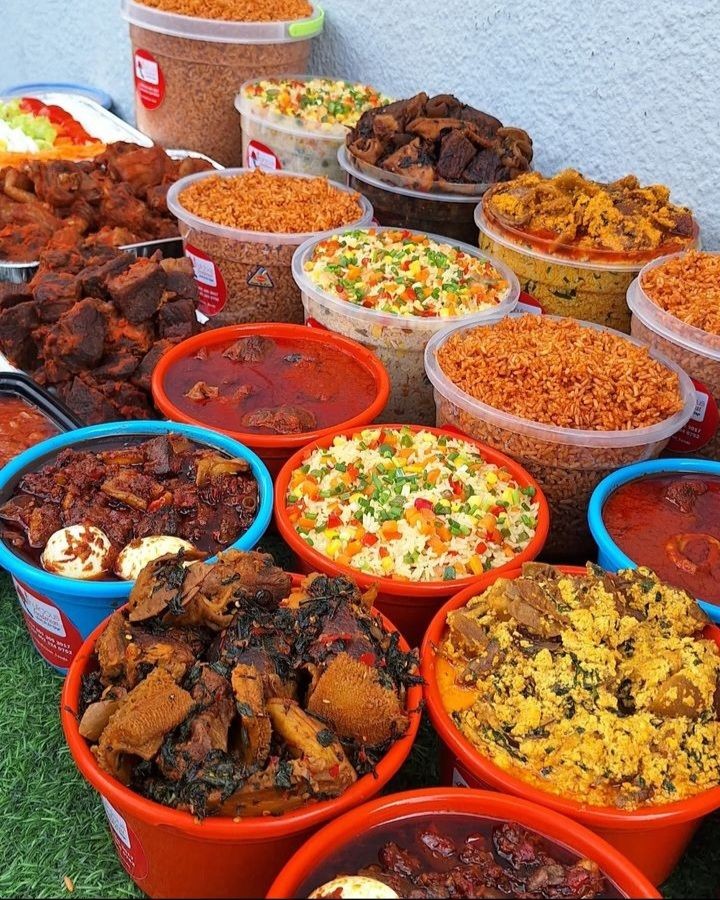
Making meals in batch won’t just save money, it’s time efficient as well.
One of the ways to not just buy things in bulk but also to plan meals. Here are a few things to keep in mind:
- Have a meal plan so you are organized and avoid spending impulsively.
- Make meals in batches – soups, stews and jollof rice can be cooked in batches that last a few days and can be preserved by refrigerating.
- Avoid processed meals and snacks as they have little to no nutritional value and are usually expensive.
- Use storage methods like freezing, refrigerating or sun-drying to preserve both cooked and raw foods and fruits.
- Hydrate Right + Affordable Superfoods

Zobo juice is a nutritious and tasty drink that doesn’t just provide nutrients but also refreshment, especially when served chilled.
Water is still the number one drink your body needs but if you want to be a little extra, go for healthier options like zobo, kunu, homemade smoothies and fruit juices. Avoid sugary carbonated drinks and sodas as they impact your health negatively in the long run.
Also, daily doses of superfoods like Moringa leaves, Tigernuts, Garlic and Ginger will give you a healthy dose of nutrients you’d need.
Eating healthy, especially in Nigeria, is less about expensive diets and imported foods and more about taking what’s available and utilizing them to get what your body needs!
Whether it’s from the local market or your garden, it’s possible to nourish your body without breaking the bank! Also remember that health is wealth and it starts with what you eat!
ALSO SEE: 5 Reasons why Eating Fruits and Vegetables Regularly Would Make You Healthy
Health
Foods That Keep Your Kidney Healthy
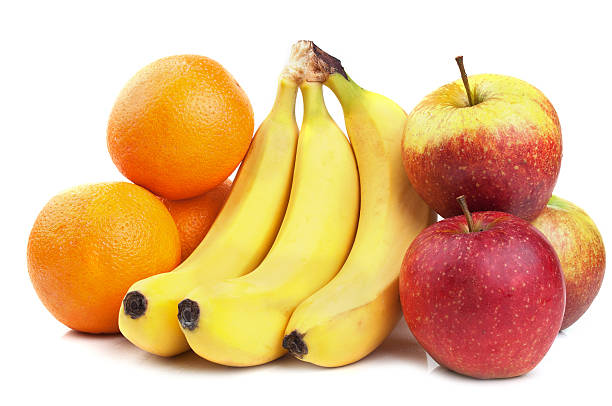
Most of us don’t think much about our kidneys until a doctor brings them up. But these two quiet workers do far more than we give them credit for—filtering blood, balancing fluids, and clearing out waste day after day. They’re not flashy, but they’re essential. And while you can’t control everything, what you eat plays a bigger role than you might think.
Kidney health doesn’t depend on expensive supplements or trendy diets. It’s about steady, everyday choices. Many foods that support healthy kidneys are already part of your kitchen routine. The key is knowing what helps—and how much.
Fruits that help with hydration
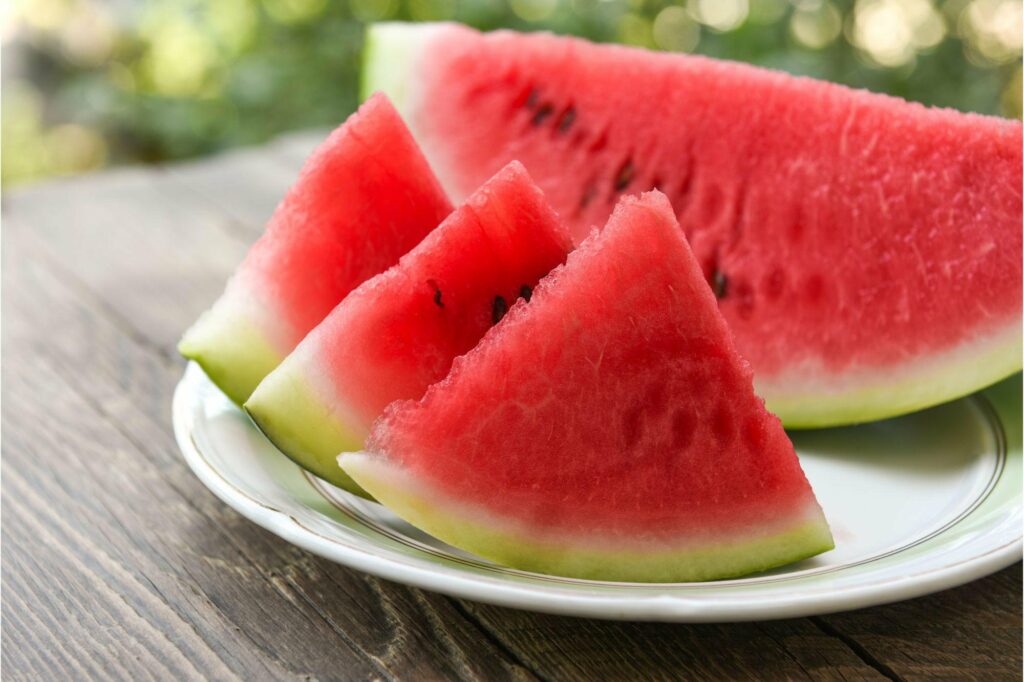
Fruits like watermelon, apples, and oranges do more than satisfy cravings for something sweet. They also keep you hydrated, which makes it easier for your kidneys to do their job. Apples are especially helpful—they’re high in fiber, low in sodium, and generally safe for most people.
Greens are good—with a few notes
Dark leafy vegetables like spinach, kale, or fluted pumpkin leaves (ugwu) are full of vitamins, but they also contain potassium. That’s something to be mindful of, especially if your kidney function is already compromised. You don’t have to cut them out—just keep portions moderate. A serving of cooked greens a few times a week can give you the benefits without overdoing it.
Sweet potatoes: simple and useful

Sweet potatoes are more than comfort food. They offer fiber and important nutrients that help regulate fluid balance and support your kidneys. That said, they’re also high in potassium, so portion size matters—especially if your doctor has raised concerns. For most people, they’re a great, affordable choice. You can bake them, boil them, or add them to soups.
Not all fish are equal—these ones help
Fatty fish like sardines, salmon, and mackerel are rich in omega-3 fatty acids, which help inflammation. Chronic inflammation can strain the kidneys over time, so including fish like these in your meals once or twice a week is a smart move. Grill them, add them to sauces, or cook them lightly with vegetables for a simple, balanced dish.
Garlic and onions: staples with real value
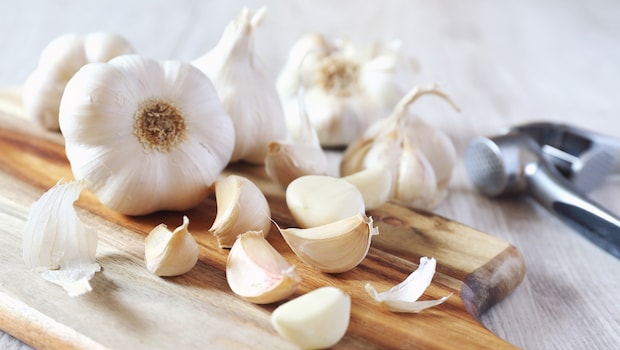 They might not steal the spotlight, but garlic and onions can quietly support your health. They help lower blood pressure and cholesterol, both of which are closely tied to kidney function. Low in sodium and potassium, they’re easy to include in almost any dish. Use them as the base for soups, sauces, or stir-fries. They’re one of those ingredients that bring more value the more often you use them.
They might not steal the spotlight, but garlic and onions can quietly support your health. They help lower blood pressure and cholesterol, both of which are closely tied to kidney function. Low in sodium and potassium, they’re easy to include in almost any dish. Use them as the base for soups, sauces, or stir-fries. They’re one of those ingredients that bring more value the more often you use them.
Berries, when you can get them
Blueberries, strawberries, and blackberries are packed with antioxidants that help protect your cells—including those in the kidneys. They’re low in sugar and phosphorus, making them a smart option for people who need to be cautious. Fresh or frozen, berries work well in oatmeal, yogurt, or as a snack on their own.
Whole grains in balanced portions
Whole grains like millet, brown rice, and oats are usually better than processed grains, but even healthy carbs should be eaten in reasonable portions—especially if you’re dealing with kidney issues. The idea isn’t to avoid them, but to balance them. Combine grains with vegetables or beans for meals that feel filling but still gentle on your system.
Before you make any changes
There’s no shortage of advice about what to eat and what to avoid. But if you’re dealing with kidney concerns—or just want to take better care of them—it’s best to speak with your doctor or a dietitian. Everyone’s needs are different. Still, choosing foods that support your kidneys instead of straining them is always a good start.
Your kidneys don’t need grand gestures—just small, consistent choices. And that kind of care often starts in the kitchen.
Health
The Hidden Health Risk of Energy Drinks
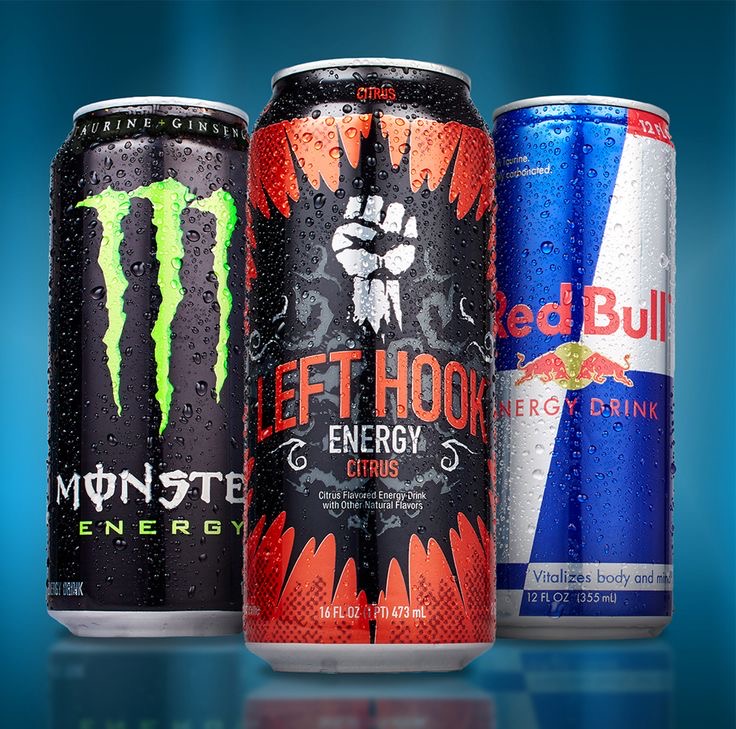
Energy drinks are now the new soft drink, aside from the facts that it’s used to help you stay awake through a study night session, active for your daily activities, gives instant energy. Some people now consume it because of how it makes them feel or the sweetness like it’s a regular beverage not knowing the dangers that comes with consuming it often.
What is Really Inside That Can?
Energy drinks are often packed with caffeine — and not just a regular amount, a single can contains more caffeine than two cups of coffee. It’s also mixed with sugar, guarana, taurine, and other “boosting” ingredients. The mix might make you feel energized for a while, but what comes after isn’t always so fun.
The Health Side Effects
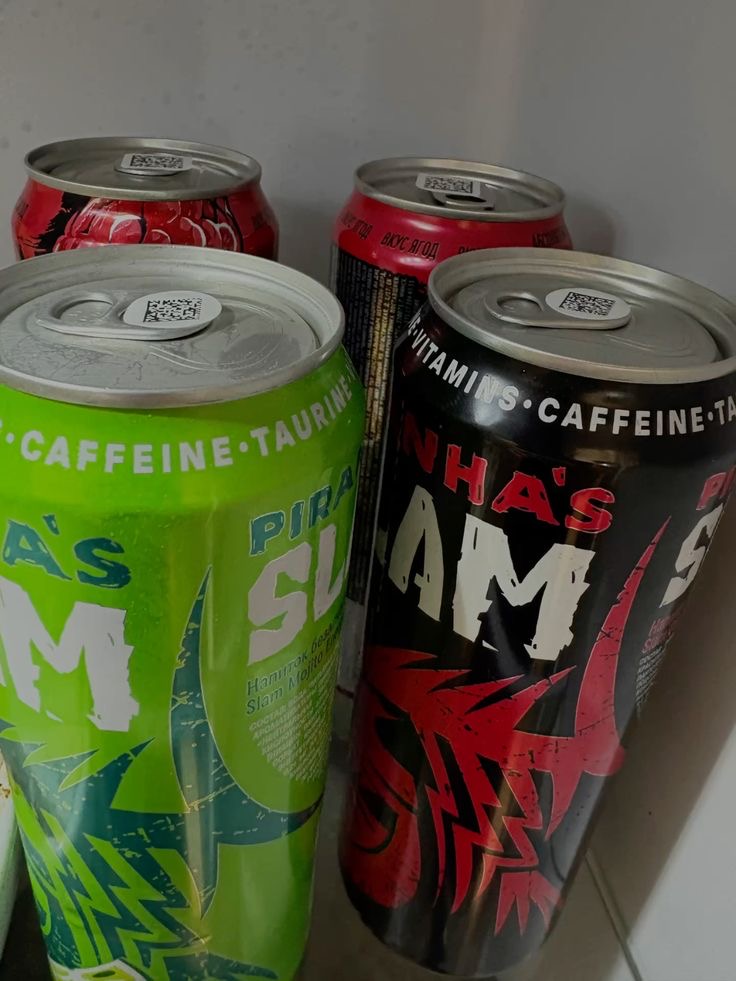
They can increase your heart rate and blood pressure, leading to heart related complications especially if you drink them often. Some people even report feeling jittery, anxious, or dizzy after just one can. Worst part is that it not only affects your heart, your kidneys are also at risk. The high amount of sodium and caffeine can lead to formation of kidney stones.
It can also disrupt your sleep pattern. You might think you’re just staying awake for now, but those drinks can cause insomnia, making it harder to fall asleep later — and that leads to more fatigue in the long run.
Also, the amount of sugar. Many energy drinks are loaded with it. Too much sugar increases the risk of Type 2 diabetes, weight gain, insulin resistance, and breakouts — not to talk of that mid-day crash when the sugar high fades.
Who is at higher risk?
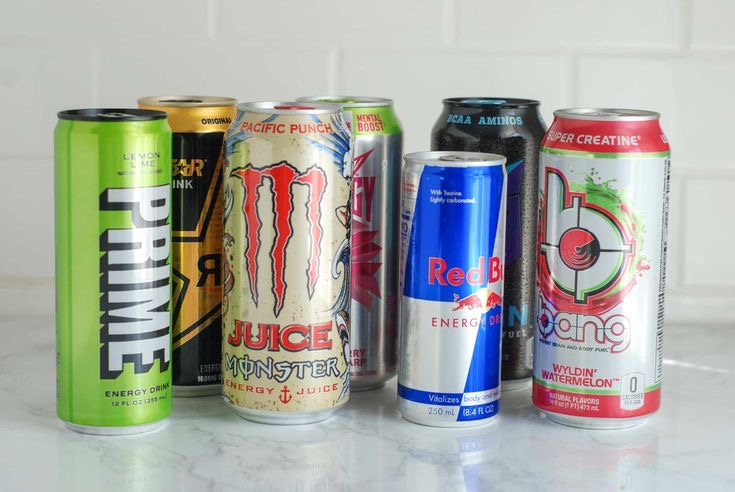
If you have high blood pressure, heart related problems, anxiety, or trouble sleeping, energy drinks are definitely not your friend. Teens, especially students who often make use of energy drinks to keep them awake for studying and young adults, are more at risk because their bodies respond faster to stimulants — and that can be dangerous if taken in large amounts or mixed with alcohol.
Are There Safer Alternatives?
There are a few habits that can help you stay alert and active throughout the day;
• Drink more water. Dehydration is often mistaken for tiredness.
• Snack on fruits like bananas or apples. Natural sugars provide good energy.
• Get quality sleep
• Try smoothies with oats, nuts, or dates.
• Engage in daily exercise
• Stay away from junks and incorporate veggies into your diet. The body needs a healthy diet to function well
Final Thoughts
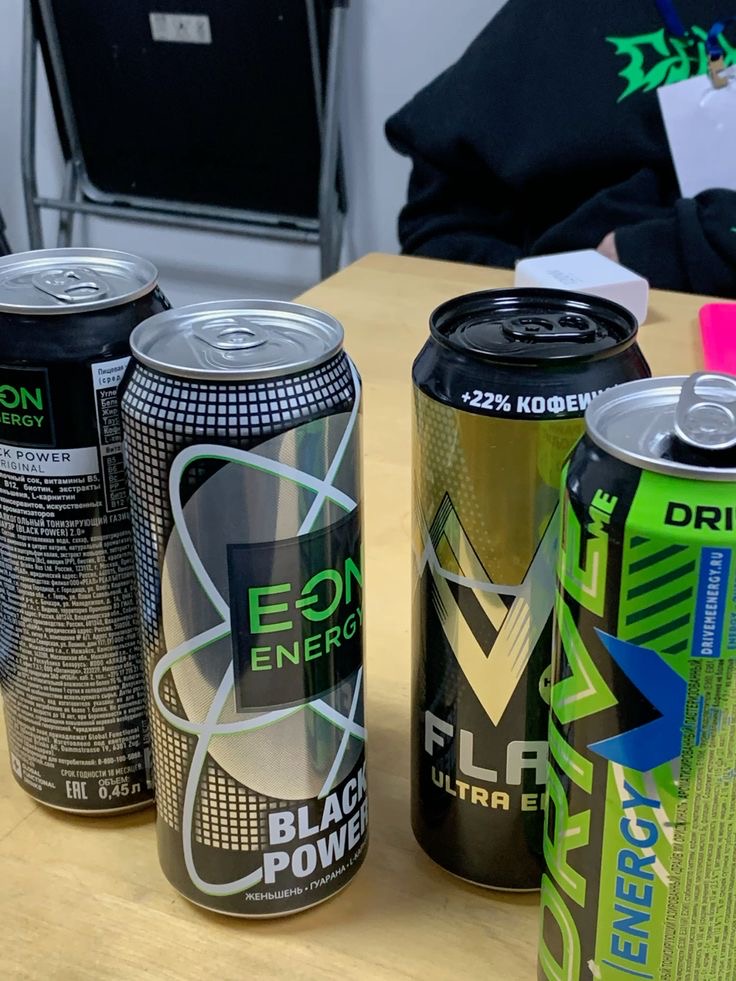
Energy drinks might seem like a quick fix, but over time, the risks often outweigh the benefits. Think about the aftermath of your decision, it’s not worth that little extra energy you get from it. Your body doesn’t need a temporary surge of energy — it needs real fuel. So next time you feel drained, pause and think: “What does my body actually need?” You might just be tired, dehydrated, or in need of rest — not another can of buzz.
So, are you team energy drink? Let us know your take below.
Health
Detoxing With Local Ingredients–What Works?

Before the advent of chemicals and advancement in technology, a lot of value was placed on natural ingredients like vegetables, herbs, and spices.
From the quantities used in soups to their roles in preventing common body discomforts. Natural ingredients promote sustainability of our body systems.
Just like in the past, detoxing with local ingredients still works today. You could incorporate them into waters or meals and even apply some to your skin to treat infections.
Incorporating some ingredients in the right proportion to our meals can avoid spending a fortune on illnesses later.
Embedded in nature is its therapeutic ability, providing natural remedies for situations that are within care.
Here are some local ingredients for detoxing and how to incorporate them into your meals
Lemons
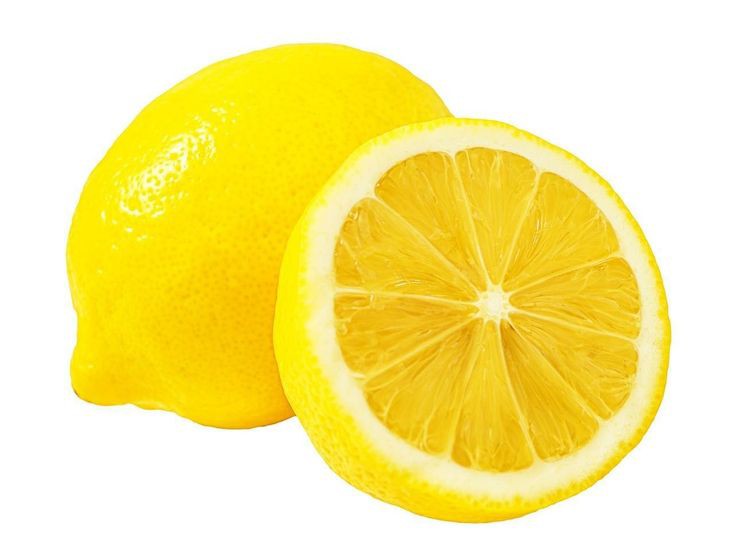
Lemons are rich in Vitamin C, an antioxidant that helps support the immune system and may help fight colds and other illnesses. Adding a small amount of lemon to a cup of warm water can improve digestion and aid bowel movement, thereby preventing bloating. Lemon is also an effective local ingredient for weight management.
Ginger
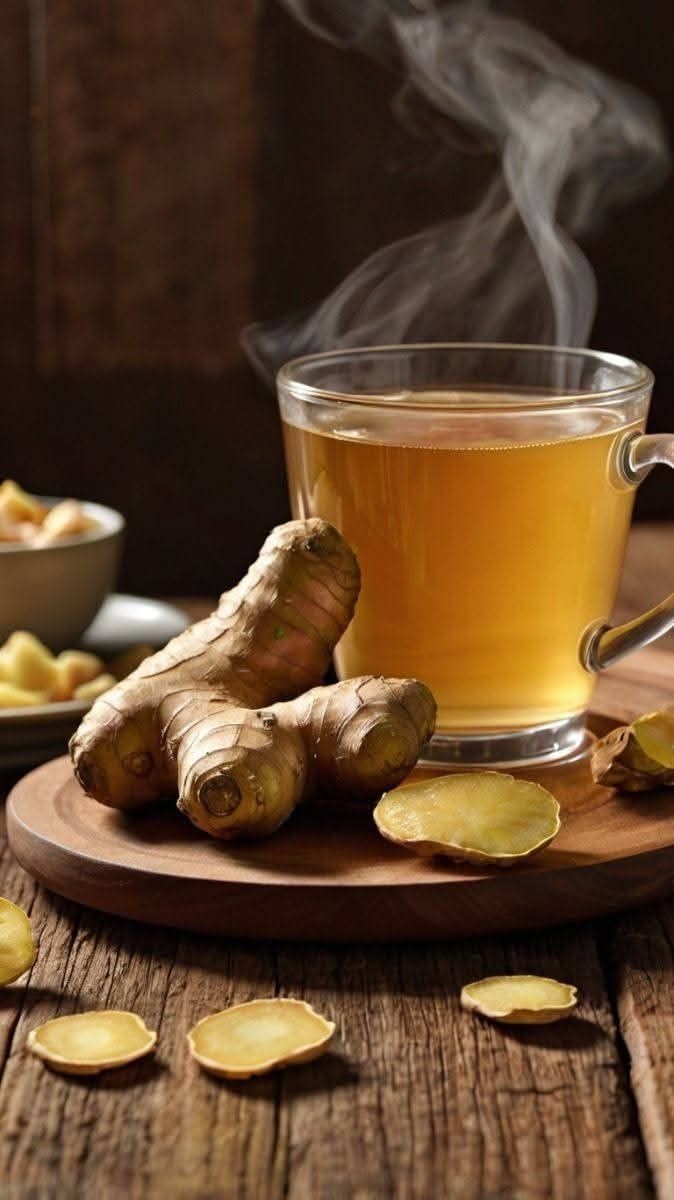
Ginger is often included in detox plans to help reduce inflammation and purify the body. It also supports the optimal function of the liver to support the body’s natural detox process. Boiling ginger in water for 7-10 minutes produces a simple detox ginger tea to which you can add honey or lemon for flavor. It can also be added to meals for added detoxification benefits.
Cucumber
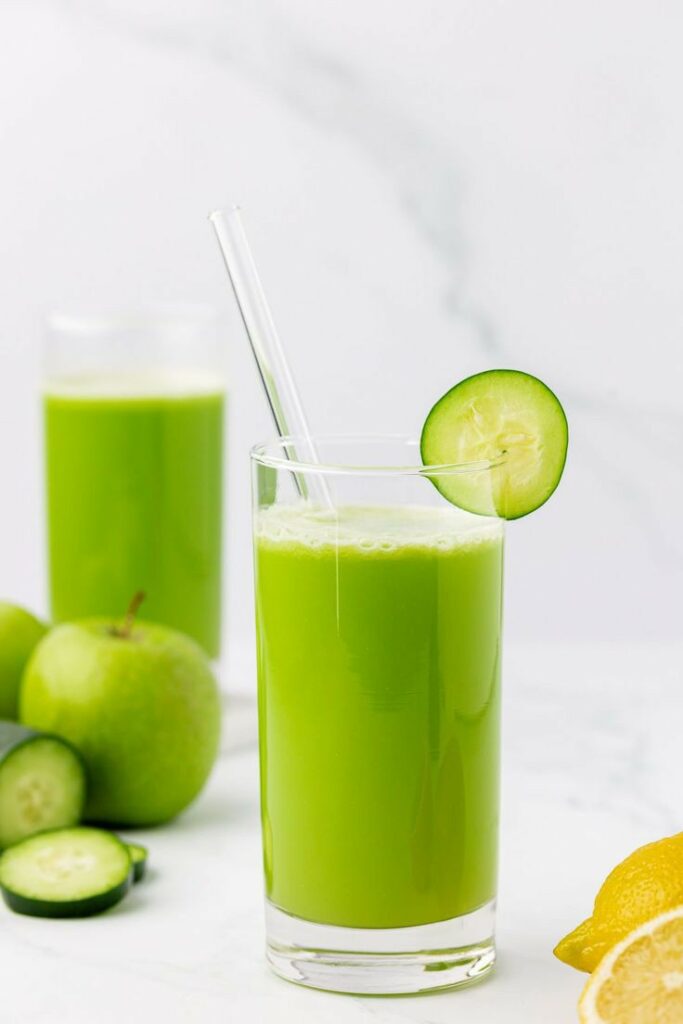
Cucumber is rich in water, making it useful for hydration. It supports detoxification by flushing out toxins through its natural diuretic effect. It also promotes easy bowel movement helping to prevent constipation. It can help flush out excess sodium and toxins from salty foods and alcohol. Cucumber can be blended with fruits to make detox juice. It can also be added to smoothies with other vegetables for variety.
Leafy Greens

Leafy greens are packed with vitamins, chlorophyll, minerals and fiber. These nutrients are beneficial for detoxification processes. The chlorophyll pigment helps neutralize the toxins in the body and eliminate them through the liver. The fiber content aids easy digestion of food which allows the easy movement of bowels and prevents bloating. The vitamins also support the body’s detox process. Leafy greens can be incorporated into foods in different ways. It could be added to soups to enrich the meal. Leafy greens can also be blended with fruits to make smoothies. You can also enjoy leafy green in salads, served with other vegetables.
Local ingredients can be game-changers when used appropriately. However, they should not replace professional medical advice if you have underlying medical conditions.
-

 Fragrance2 months ago
Fragrance2 months agoMaster the Art of Perfume Layering for a Signature Scent
-

 Movies2 months ago
Movies2 months agoThe 5 Best New Nollywood Movies to See on Netflix
-

 Celebrity News2 months ago
Celebrity News2 months agoFrom Nollywood to the Navy: Grace Bassey, Former Nollywood Actress,Joins the U.S Navy.
-

 Beauty2 months ago
Beauty2 months agoUnapologetically Red: Nancy Isime’s Unwavering Commitment to her Favorite Lipsticks Shades
-

 Sex & Relashionships1 month ago
Sex & Relashionships1 month ago10 Signs You Are The Less Affectionate Partner
-

 Deco1 month ago
Deco1 month agoWall Deco Inspiration – How to Create a Gallery Wall
-

 Accessories4 weeks ago
Accessories4 weeks agoWhy Labubu Dolls Are Nigeria’s Newest Fashion Craze
-

 Food1 month ago
Food1 month agoFood for Thought: The Psychology of Eating
-

 Bags1 month ago
Bags1 month agoInside Kiki Osinbajo’s Stunning Designer Bag Collection
-

 Movies4 weeks ago
Movies4 weeks ago“28 Years Later” Trailer Review: Does It Live Up to the Hype?












